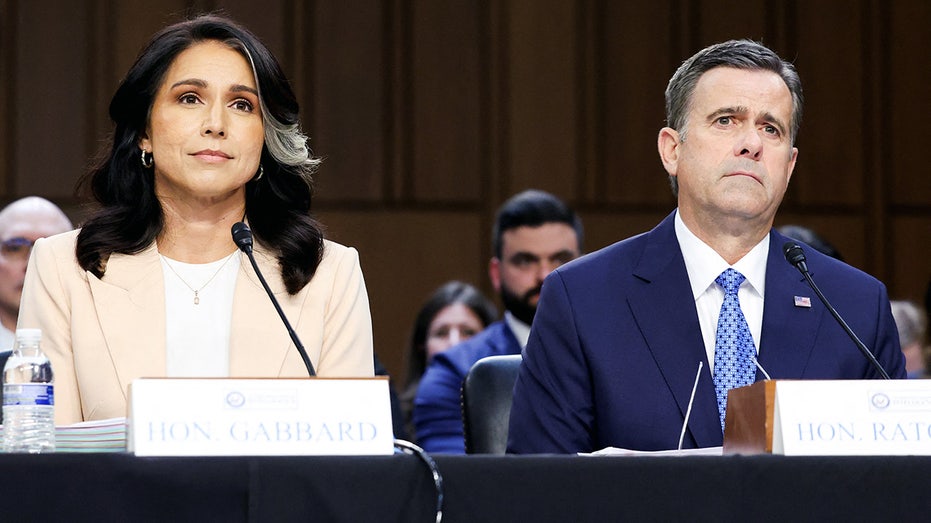Dem Senator Demands Waltz, Hegseth Resign Amid Signal Chat Controversy

Sarah Johnson
March 25, 2025
Brief
Sen. Ron Wyden demands resignations over a national security breach involving Yemen war plans discussed on Signal, sparking Senate scrutiny and calls for investigation into handling of sensitive information.
Sen. Ron Wyden, D-Ore., has called for National Security Advisor Mike Waltz and Secretary of Defense Pete Hegseth to step down following a reported national security breach involving a Signal text chat that allegedly discussed sensitive Yemen war plans.
The controversy erupted after Director of National Intelligence Tulsi Gabbard assured the Senate Intelligence Committee that "no classified material" had been shared in the chat. This assurance came despite claims that an editor from The Atlantic had somehow gained access to the conversation, which reportedly included senior Cabinet officials discussing the U.S. operation against the Houthis in Yemen.
Wyden minced no words during the hearing, labeling the use of unclassified phones in war planning as "reckless and dangerous." He didn’t stop there, calling the mishandling of classified information and the destruction of federal records "potential crimes" that demand immediate investigation. "Resignations should start with the National Security Advisor and Secretary of Defense," Wyden declared.
Meanwhile, Sen. Mark Warner, D-Va., pressed Gabbard over the nature of the texts. "Did you participate in the group chat with Secretary of Defense and other Trump senior officials discussing Yemen war plans?" he asked. Gabbard sidestepped specifics, stating that the matter was "under review by the National Security Council." She doubled down on her claim that no classified materials were shared.
Warner wasn’t buying it. "You can't have it both ways," he shot back, accusing Gabbard of "bobbing and weaving" through her responses. Comparing the situation to rank-and-file intelligence officers, Warner argued that such careless behavior would almost certainly result in dismissal.
Adding to the drama, CIA Director John Ratcliffe confirmed his participation in the chat, asserting that Signal’s encryption and use of the app was "lawful" and permissible under current protocols. FBI Director Kash Patel, when asked if the bureau had launched an investigation, said he had been briefed "late last night" but offered no updates.
The entire debacle underscores the delicate line between permissible communication methods and potential security risks. While Gabbard insists that no classified material was shared, the optics of discussing sensitive operations in a group chat with questionable access controls are undeniably unsettling. Perhaps the most eyebrow-raising detail is the claim that an Atlantic journalist accidentally ended up in the chat—a scenario that sounds more like a plot twist from a political thriller than real life.
Topics
Editor's Comments
Okay, let’s talk about the elephant in the room: How does a journalist casually end up in a Signal chat discussing military strikes? Signal might boast end-to-end encryption, but clearly, there’s no encryption strong enough to protect us from human error—or questionable judgment. Maybe the next war plan meeting should be held somewhere safer, like a heavily guarded broom closet.
Like this article? Share it with your friends!
If you find this article interesting, feel free to share it with your friends!
Thank you for your support! Sharing is the greatest encouragement for us.



